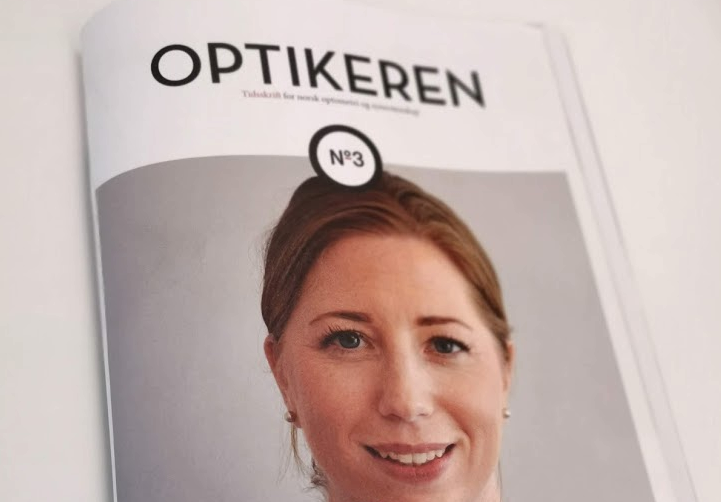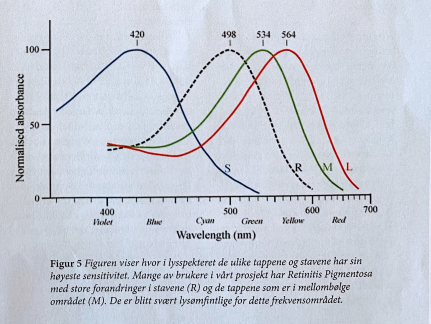Rolf and Ann-Britt in Optikeren

Between 2017 and 2020, researchers Rolf Lund and Ann-Britt Johansson at Eikholt Resource Centre for Deafblindness carried out a project to investigate the effect of filter glasses on people with combined sensory loss. You can read more about this in an article in the magazine "Optikeren nr 3 2020.
The point of this article is to present what we would call an "unexpected finding" in the project. At the same time, as a basis for further research, we want to present a new explanatory model that does not correspond to the traditional explanation of how filter glasses should be selected. This could be a significant contribution to optical vision rehabilitation and the rules for what NAV considers to be filter glasses may need to be changed. We already have results that show that current practice does not capture the needs that users report.

The most important finding in the project shows that people with a high degree of light sensitivity often need other types of filter glasses than those currently recognised by NAV as filter glasses. We would argue that filter glasses should be defined as glasses that filter the wavelengths that the user experiences as blinding and irritating. We should replace the name "edge filter" with "selective filter". A professional, such as an optician, can document that there is a correlation between the choice of filter glasses and the frequency range that the user perceives as dazzling and disturbing the visual function.
See the article in its entirety from page 40 on Optikerne.no
